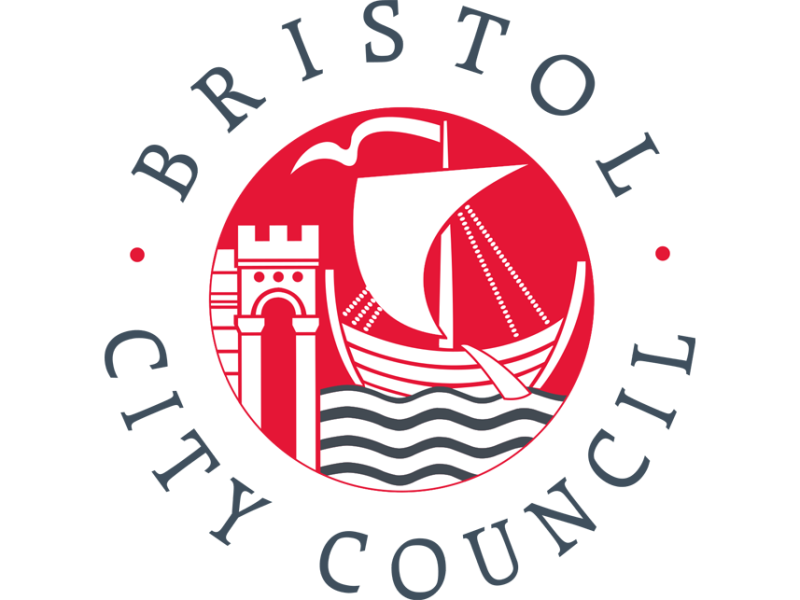Council tax is set to rise by five per cent for Bristol residents for the sixth consecutive year.
It would mean bills for Band B households would be hiked by £85.57 from April and £110.01 for Band D.
Bristol City Council has launched its annual draft budget consultation and says the increase, comprising three per cent for ‘core’ council tax that pays for everyday services such as waste collection, libraries and road maintenance, and two per cent ring-fenced for social care, is what the government expects local authorities to charge.
It is the maximum allowed without a local referendum.
Last year the council asked residents’ views on a huge range of options for council tax rises, from zero to 15 per cent, but the government kept the threshold at five per cent and that was approved at full council in February.
This time, the authority is proposing only one option but will consider feedback from the consultation before making a decision.
A five per cent increase would raise £15.1million a year, however, this would still leave the organisation with a £20.8million shortfall on setting a legally balanced budget for 2026/27. So the consultation also seeks residents’ views on proposals to cut costs and increase income.
There are 77 of these proposals, although most are not considered to affect people’s experience of services and some have previously been published and consulted on, so the council is asking people what they think about 16 of these in the survey.
Council leader Tony Dyer said: “I encourage all residents and communities to complete the survey, and share it with their networks, so we hear from as many people and audiences as possible across the city, to help shape our financial plans for the coming year.”
The consultation runs for six weeks and closes at midnight on Wednesday, November 26.
It can be viewed here: https://www.bristol.gov.uk/ask/find-consultation-engagement/consultation-engagement?id=259
Following feedback, the strategy and resources committee will make its budget recommendations on February 2 to full council, which has the final say 10 days later.
By Adam Postans, Local Democracy Reporting Service


